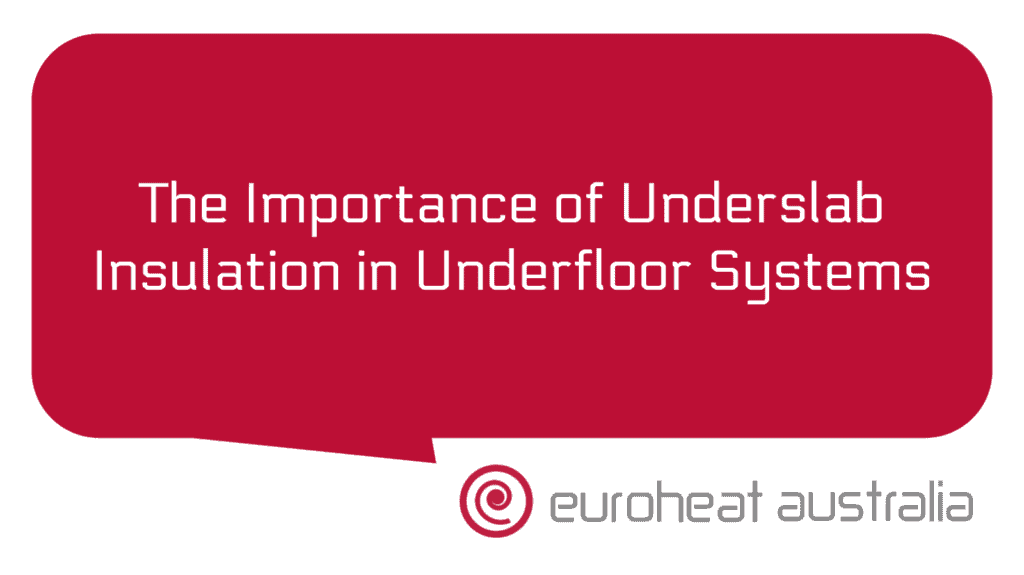When it comes to choosing the best underfloor heating system for your home, it can be a bit overwhelming. With so many options out there, it’s hard to know which one is best suited for your needs. But don’t worry, we’re here to help! In this article, we’ll take a look at electric and hydronic underfloor heating systems and discuss which one might be right for you.
Electric underfloor heating systems are relatively easy to install and are usually the most cost-effective option. They require minimal maintenance and provide a comfortable warmth throughout your home. Electric underfloor heating systems use either matting or wires laid in the sub-floor or screed on top of the floor structure. These mats or wires are then connected to an electrical power source and controlled by a thermostat.
Electric underfloor heating systems are ideal for smaller spaces as they provide warmth quickly and evenly with minimal energy consumption. However, larger rooms may need multiple mats or wires laid in order to achieve the desired temperature level. Electric systems cost more per square metre compared to hydronic systems, however, they generally consume less energy than their hydronic counterparts so running costs may be lower in some cases.
Hydronic underfloor heating systems use hot water circulated through pipes embedded in the floor structure to heat up your home’s floors and walls. This type of system has been used since ancient Roman times and is now available in modern homes thanks to advances in technology over the years. Hydronic systems provide greater energy efficiency than electric models as they can retain heat longer due to its higher thermal mass, meaning you don’t have to run them as often thus saving money on energy bills over time. Hydronic systems also have little environmental impact due to their low emissions levels when compared with other forms of central heating such as gas or oil-fired boilers.
Hydronic underfloor heating also offers greater design flexibility as it can be used with any type of flooring material such as hardwood floors, carpeting or even tiles – something that electric models cannot do without additional insulation material underneath them first. Although installation costs may be higher for hydronic systems when compared with electric ones due to the complexity of laying pipework into the floor structure, these costs are generally offset by lower running costs over time thanks to their greater energy efficiency levels when compared with other forms of central heating (such as gas or oil fired boilers).
When choosing between an electric and hydronic system it’s important that you consider all factors such as installation costs (including labour), running costs (including energy bills), design flexibility and environmental impact before making your decision – only then will you make an informed choice that’s right for you and your home’s needs!
If you’re based in Perth, Australia – then Euroheat Australia Pty Ltd are the engineers & installers that design & construct hydronic heating & cooling systems with 30 years of experience! Their team of highly experienced professionals will guide you through every step of the process from initial design concept through installation & commissioning – ensuring that all work is completed safely & efficiently; providing guaranteed peace of mind for all customers!
All Euroheat Australia Pty Ltd installations carry a 5-year warranty on parts & labour giving homeowners greater confidence knowing that their investment is secure well into the future! Not only will homeowners benefit from significant energy savings but also from improved air quality within their homes thanks to reduced levels of dust mites which can aggravate asthma sufferers or those who suffer from allergies! So why not invest in a new underfloor heating system today – get ready for winter knowing that your home will remain warm & cosy all year round!





